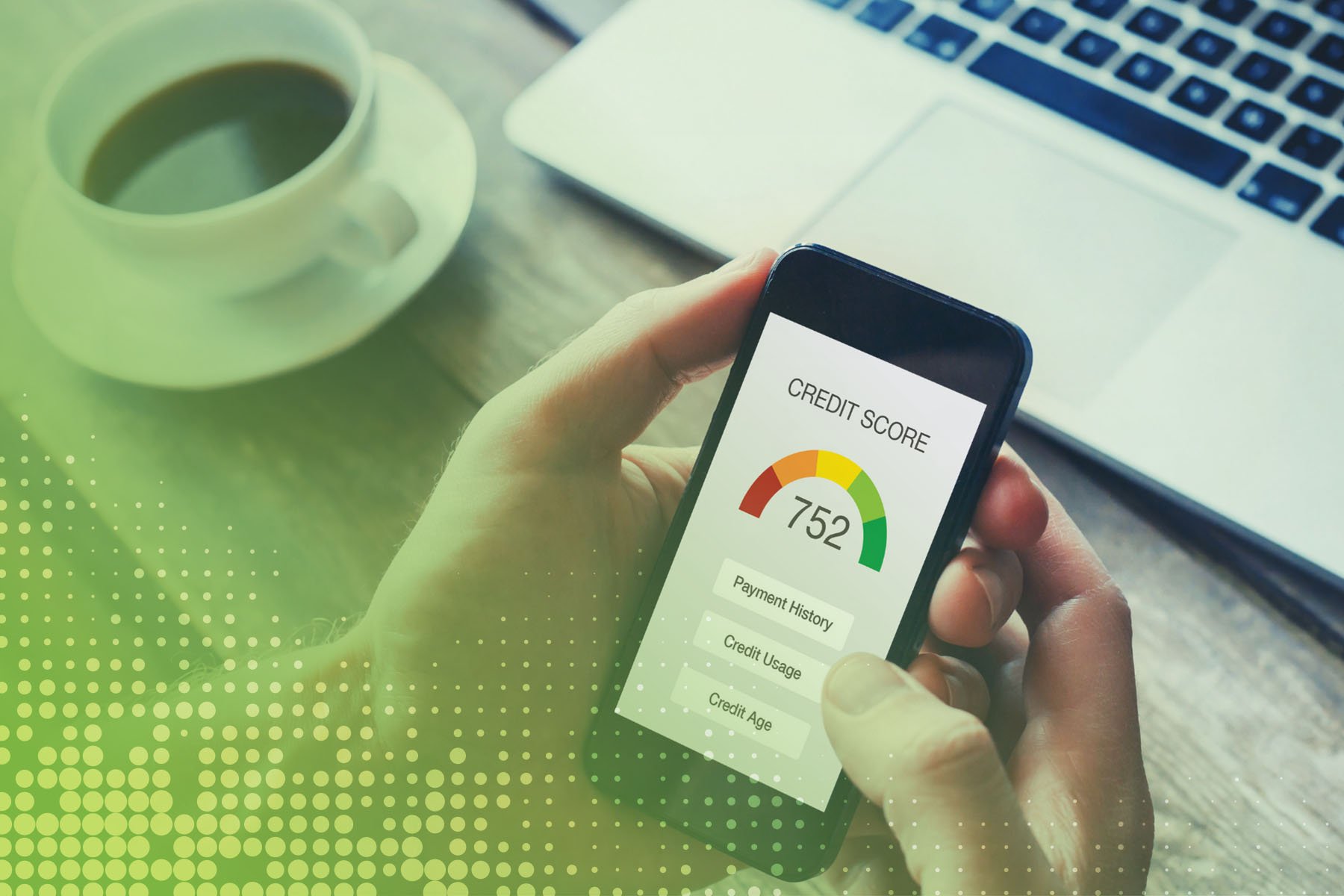To kick off a new and exciting year, catch up on goEBT’s top posts of 2023. Find a new business tip, learn something new, or just catch up on goEBT news with the top 5 most viewed posts of 2023…
The Importance of Maintaining Great Business Credit
According to the Small Business Administration, the second leading cause of business failure is insufficient or delayed financial support. In many cases, this is brought about by a poor business credit score. If you are unaware, a business' credit score is similar to a personal credit score. A person's credit can be improved by paying loans on time and avoiding any reoccurring debt. Business credit is almost exactly the same with minor differences. In today's blog, we will discuss the differences between the two and why business credit is important for the success of your business.
Characteristics of Business Credit -
- Business credit is measured on a scale from 0-100.
- Business credit does not involve a social security number or the owner/operator's name.
- Business credit can be accessed by using the legal entity's name or tax i.d. numbers.
- Business credit is not accessible through banks.
- Business credit is evaluated and published by the following companies Equifax, Experian, or Dun & Bradstreet.
- An 80 or above is considered to be a good business credit score.
- Personal credit and business credit are not the same and you should always keep them separate.
Why is it Important?
Like personal credit, business credit scores dictate what your interest rates will be, if you can acquire a loan, or how trustworthy your business is perceived. You can improve your score by making payments on-time, the longevity of your business, and your business' overall payment history. These different techniques for building credit will eventually influence how much you pay for certain services, some of which are required by law, like insurance. Business credit scores do not just help with premium costs and interest rates, though. In many instances, businesses appear more valuable if their credit score is high. This means, if you plan to incorporate or sell the rights to your store, you can be seen as more valuable and make more money. FICO's Small Business Scoring Service (SBSS), create lists of businesses with the best scores for lenders to analyze the risk versus reward when partnering or loaning money to other businesses. This list shows how likely a business is to make a payment on-time and determines if a business will be approved for term-loans, lines of credit, and commercial loans up to 350,000-dollars.
What if You Have Bad Credit or No Credit?
This is an common issue, especially among new businesses. Some lack the financial history to secure funds to run their business, which is why so many fail within the first few months of operation. If this is you, there is no need to feel discouraged. Thousands of lenders exist and many are accessible online. It is important to understand what your business credit score is, though. Knowing your score gives you leverage. When speaking with investors, if you know your business credit score you can negotiate for a better price or interest rate on your loan. As you progress and take on more debt, and hopefully pay it off on-time, your credit score will be reevaluated giving you more options in the future.
Keeping Your Business and Personal Credit Scores Separate -
This bit of advice was already mentioned, but it is extremely important to understand. Some people believe that it is best to use personal loans to advance their business especially when their business credit is weaker in comparison. As tempting as it may be, it is best to steer-clear of this before it becomes a problem. Businesses can go under without hesitation. If you invest in your own business using personal loans, not only will your business credit score take a hit but your personal credit too if you default on a payment or go bankrupt. A good rule of thumb is, keep your personal financial information and business information separate.




